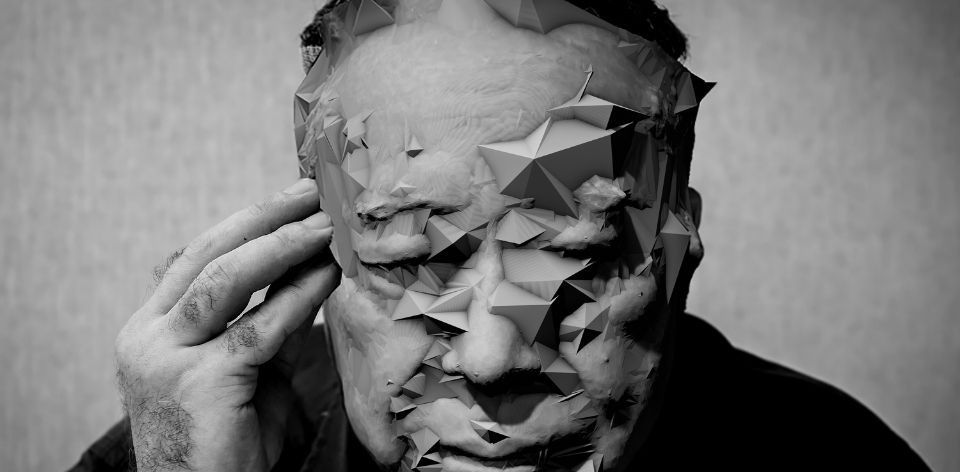It’s often difficult to talk about virtual reality divorced from its native context. Then again, when you’re dealing with the realms of virtual, who is to say what is what is the proper format?
Taiwan’s Hsin-Chien Huang is no stranger to the medium, having won Best VR Experience at Venice in 2017 for La Camera Insabbiata, his collaboration with polymath Laurie Anderson. In BODYLESS (失身記), a 2019 VR installation now doing the festival circuit, Huang explores his own memories during Taiwan’s martial law (or ‘White Terror’) period in the 1970s and 1980s.
Inspired by the stories of his mother, who is now suffering from dementia, Huang’s primary aim is capturing those stories in the hopes that it will trigger some of her own memories. In that sense, the more recent term of ‘extended reality’ (or XR) is more apt.
An abstract piece on the surface, there’s also a haunting narrative that pulls it all together. “With new technologies, they stole my face, reduced and distorted my kinsmen’s and countrymen’s memory about me,” Huang says directly in an on-screen statement. “I am no longer a full man. I have become a symbol to deceive people, a commodity in the digital world to be traded.” Stepping inside Huang’s inner world for a time, it’s an ofttimes hauntingly beautiful and regularly surreal filtered version of memory.
Some of the visuals are taken directly from Taiwanese traditions and local customs, digitised versions of folk figures and slivers of memory fragments. Lim Giong’s hypnotic musical score helps transports us out the physical and towards something less tangible. It’s called BODYLESS after all, and that translates to all aspects of Huang’s intriguing production.
While the imagery may not make literal sense on the first pass through, Huang sees it as a way of narrating emotions, a kind of catalogue of an inner journey. There are more obvious structures of oppression and folklore, but there are also entire worlds found on top of a kitchen table while an unseen person reads a newspaper. We’re guided through it by actual and metaphorical hands, but also left to form our own thoughts on what we’re seeing.
“At last,” he concludes, “I find myself being erased completely from the world.” The irony, of course, is that this film is successful in doing just the opposite of that. Reclaiming a little slice of memory, both his mother’s recollections and his own, he may have guaranteed that that he has left a permanent piece of himself for future viewers to find.
2019 | Taiwan/China | DIRECTOR: Hsin-Chien Huang | WRITER: Hsin-Chien Huang | DISTRIBUTOR: MIFF 2021 | RUNNING TIME: 29 minutes | RELEASE DATE: 5 – 22 August 2021 (MIFF 2021)





